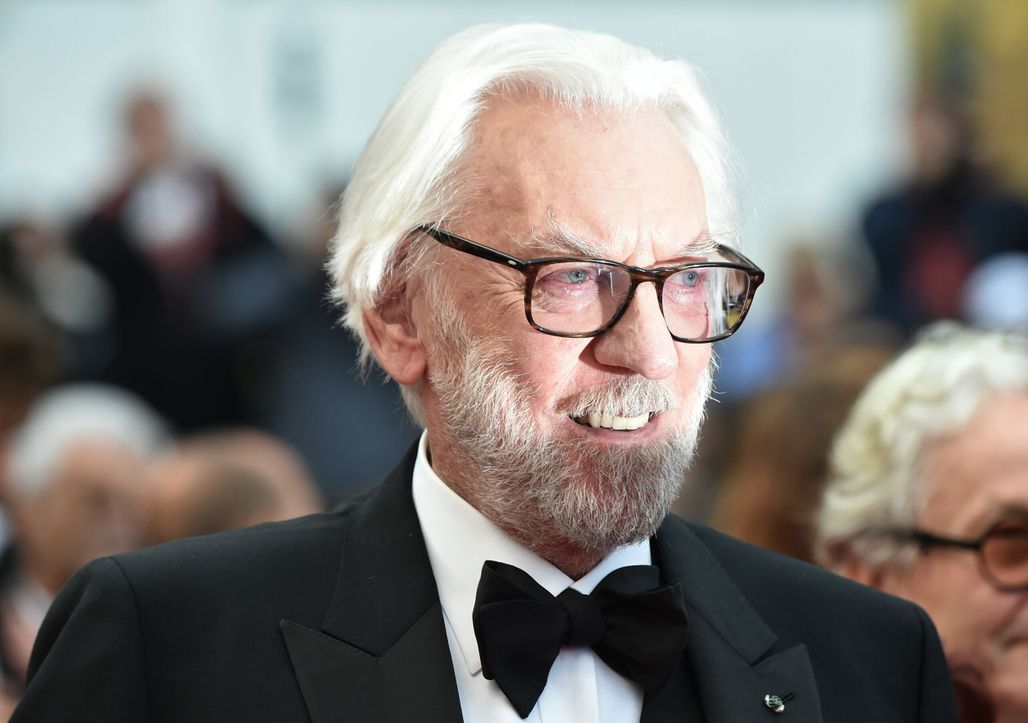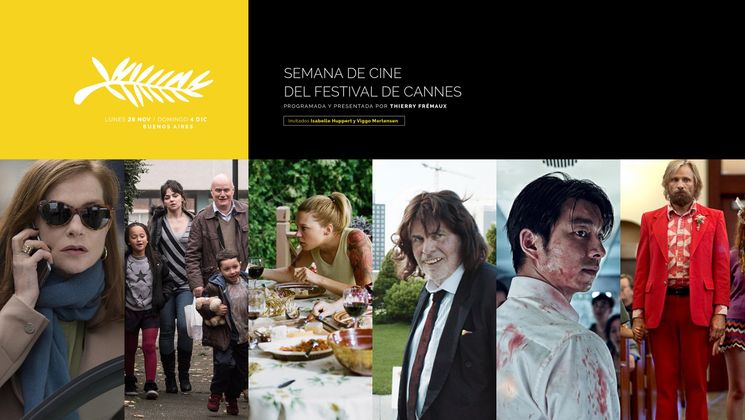
Interview with Donald Sutherland, member of the Feature Films Jury

Donald Sutherland was born between the two World Wars, and has lived through different periods, including being witness to the greatest changes to cinema. His career has been sustained by nearly 150 films, which have been directed by some of the greatest names in the industry, from Fellini to Aldrich, from Altman to Herzog, from Chabrol to Bertolucci. The 80-year-old Canadian actor, whose irresistibility goes as far as the way he talks about his memories, has accepted to turn the clocks back for us.
When was the first time you came to Cannes?
It was in 1968 for Joanna, directed by Michael Sarne. At the end of the film, the young main actress, sitting on a small balcony at the back of a train, said: "I'll be back!". The entire theatre audience shouted: "Never!". That was my first experience at the Festival de Cannes. I then came back for two films in particular, 1900 by Bernardo Bertolucci and The Day of the Locust by John Schlesinger.
What kind of films move you?
Good films! Films that tell a story to perfection and that manage to lighten up my life. Films that touch me deep inside my heart and soul, and that grow inside me, infect and consume me.
How often do you go to the cinema?
I used to go a lot when I was a university student in Toronto. I always had an afternoon free, and I'd go to the cinema at the end of my street. One day, it was screening a film by an Italian director that I didn't know. I later found out that it was called La Strada and that the director in question was called Federico Fellini. His wife, Giulietta Masina, was one of the actresses, and the music was by Nino Rotta. I went to see the film and fell literally in love with it. I left the cinema in worship of films and the film industry.
Was La Strada your first shock at the cinema?
No. My first shock was watching Great Expectations, the film by David Lean, in 1946, with my mother. In one of the film's scences, Abel Magwitch, played by Finlay Currie, jumps out from behind some trees. I jumped onto my mother's lap and watched the rest of the film like that. That was my first shock of cinematographic purity. A long while later, in 1957, I went to see another film, by some guy that I didn't know. His name was Stanley Kubrick and his film was called Paths of Glory. My life changed on that day. I was mad at the entire world. The mere thought of talking about this cinematographic experience makes me want to cry. Gillo Pontecorvo's films have also moved me a great deal. The Battle of Algiers (La battaglia di Algeri) (1966) and Burnt (Queimada) (1969), starring Marlon Brando, are milestones on my path as a film lover.
What do you remember about your first audition?
It was in London, for a leading role. I loved the character that I was going to play, and I'd really worked hard on it. I thought that my audition was rather a success. I was waiting for my agent to call me; the following day, the phone rang, and there were the screenwriter, director and producer of the film on the other end. The screenwriter was the one to speak, to tell me that my audition had changed their lives. After my audition, they'd decided to change the way of making their film, but they weren't going to offer me the role. I was speechless. They were looking for a Joe Bloggs, and told me that I'd never be somebody like that.
“I love films that touch me deep inside my heart and soul, that grow inside me, infect and consume me.”
When was the first time you starred in a film?
It was in 1964 in Castle of the Living Dead (Il Castello dei Morti Vivi), a Z horror movie by Warren Kiefer, which is where I got the inspiration for my son's first name from. I met the woman who was to become my second wife whilst shooting this film. She thought I was a good actor, and one day she asked a man (who had been Mussolini's astrologer) to tell her what the future held in store for me. After he'd looked at my lucky numbers, he called me back and said: "You're going to be a film star". I had some incredible experiences in Italy.
At what point in your career have you felt the most contented?
From the minute I started this career. I'd always wanted to become an actor. When I went to see my father, who worked in sales, to tell him that I wanted to be an actor, he simply said: "OK". Everybody else, in his shoes, would have said that I was crazy. He wanted me to take a unviersity degree before, to be able to do something else, just in case. When I was at university, I said I wanted to be an actor and one day, someone told me about an audition. First of all, I didn't want to go, but some guy bet a dollar that I'd get the part. So I went to the audition to win the bet, not to get the part. When I arrived on stage, they laughed and when I walked off stage, they applauded. They gave me a standing ovation. I've never experienced that since.
You've seen cinema change and grow; what do you think of it today?
I think it's senile! It was so much more adult and wonderful before. The film industry is going through an ordeal today for financial reasons, because mentalities are concerned about making a profit. At the time, there weren't any of the parasitic tools like Facebook or Twitter. When Robert Altman's film M.A.S.H was released in 1970, it didn't receive any advertising but it was successful thanks to word-of-mouth, after just one screening. It was publicly screened for the first time in a cinema in New York, in the Upper East Side, at 9a.m. one morning. People were queuing twice round the block. It was another era, another business.

